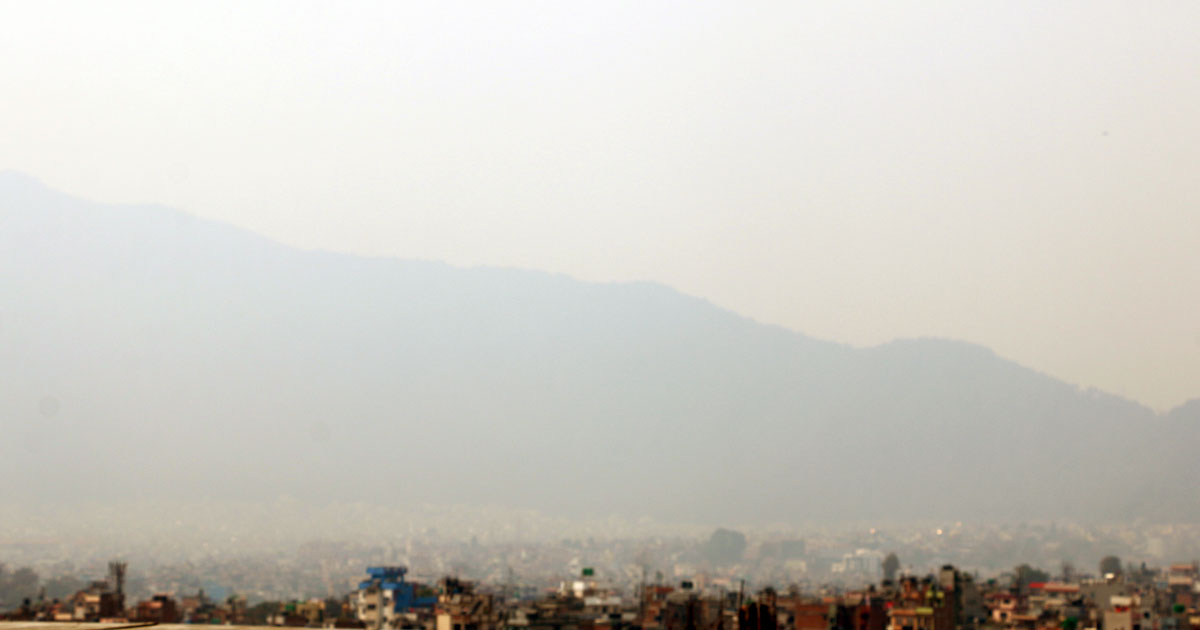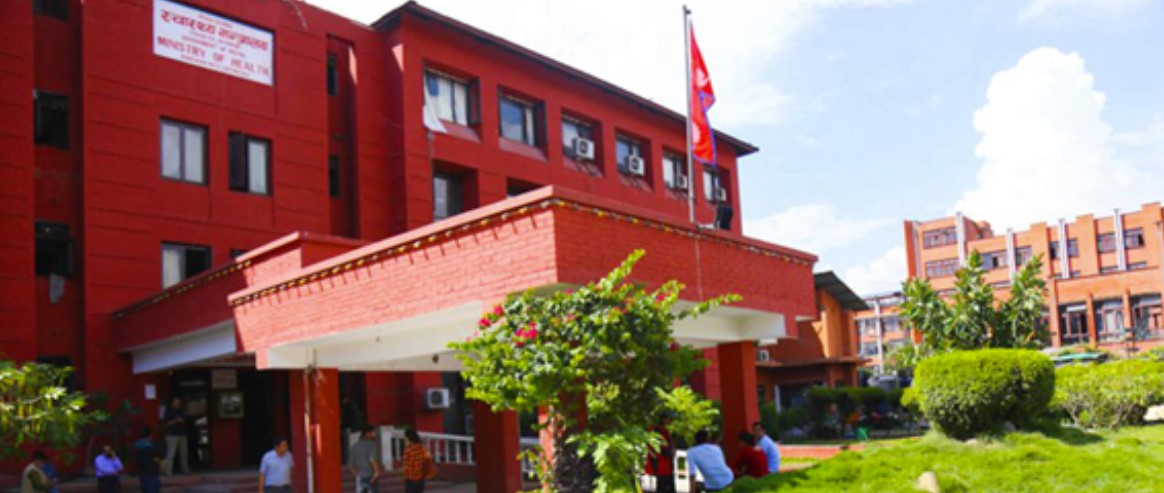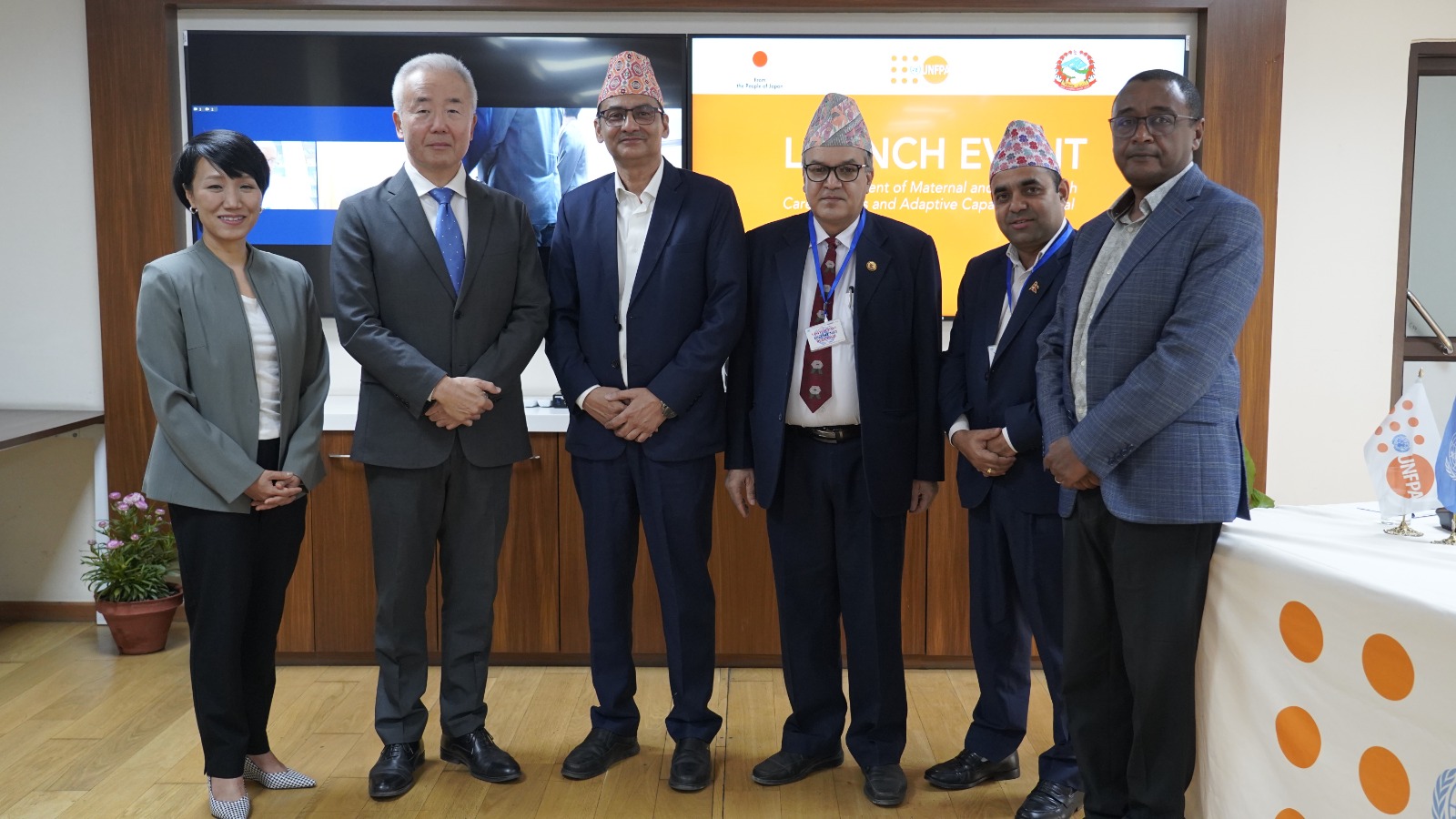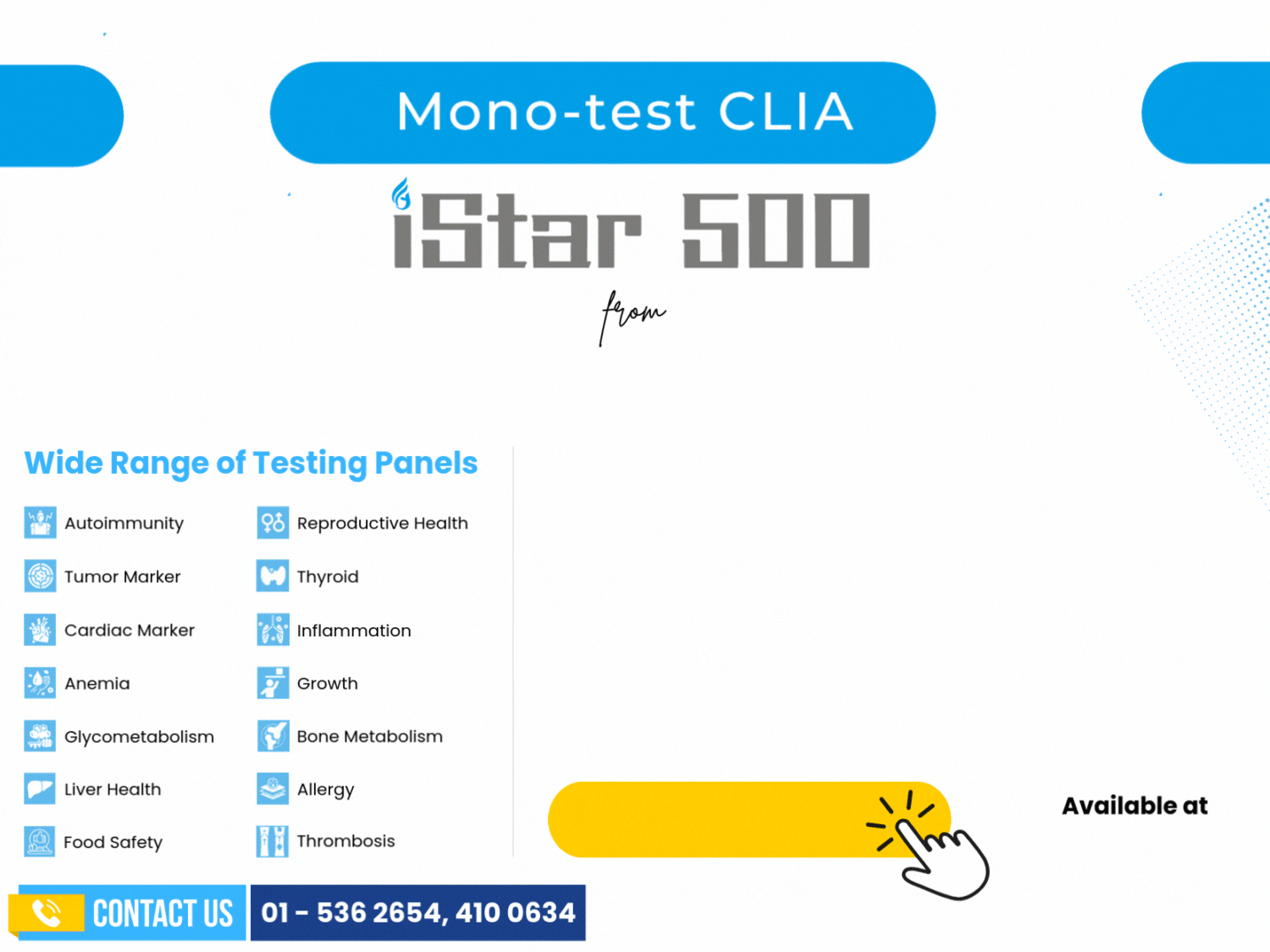
Dr. Joanna Raven is a Professor at The London School of Hygiene & Tropical Medicine in the UK and a health systems researcher with over 20 years of experience in research, training, and partnerships across Africa and Asia. She is the principal investigator of the study project ‘ Strengthening the Health Workforce to Respond to Health Impacts of Climate Crisis in Nepal and Zimbabwe.’ This project is being implemented in collaboration with HERD International, Nepal, the Centre for Sexual Health and HIV/AIDS Research (CESHHAR), Zimbabwe, and the Liverpool School of Tropical Medicine, UK. Funded by the National Institute for Health and Care Research (NIHR), UK, the project aims to explore how health systems and health workers respond to climate-induced health challenges.
Recently, Dr. Raven participated in a stakeholder meeting to discuss the project’s progress and objectives. In a conversation with Romika Neupane, she shared insights on the research:
What is the purpose of this research, and why were Nepal and Zimbabwe chosen?
We are currently experiencing an undeniable climate crisis. Countries are facing extreme weather events such as heat waves, heavy rainfall, flooding, and landslides. These events contribute to the rise of infectious diseases like dengue and malaria, as well as many other heat-induced conditions. Given this growing burden, our study focuses on how health systems are responding to these climate-related health challenges, particularly through the role of health workers in clinics and hospitals.
We selected Nepal and Zimbabwe because they are facing climate crises in different ways. Zimbabwe is experiencing extreme heat and heavy rainfall, while Nepal encounters diverse climate events across its three geographical regions. This variation allows us to understand climate-related health challenges in different settings and develop targeted interventions accordingly.
What research methodology will be used?
We are using participatory action research to gain an in-depth understanding of climate-related health impacts and the health workforce’s response. Our research methods include surveys with healthcare workers and community members, interviews, focus group discussions, and policy analysis in both countries.
We will engage key stakeholders, such as mayors, deputy mayors, health section chiefs, district managers, healthcare workers, and community members, to present findings and co-develop interventions. Since climate challenges differ by region, interventions must be context-specific and context-sensitive. What works in one district of Zimbabwe may not work in Nepal, which is why we emphasize collaboration with local stakeholders to create effective solutions.
This is a four-year project, and we are excited to work with diverse communities to find sustainable solutions.
Who are the key target groups or beneficiaries of this initiative?
The primary beneficiaries are health workers and community members. Our goal is to strengthen the capacity of health workers to manage climate-induced health impacts effectively. While the community will ultimately benefit from improved healthcare services, our research focuses on supporting healthcare providers in responding to climate-related challenges.
Climate change is a global crisis, not limited to Nepal and Zimbabwe. How does your research contribute to the global response?
Higher-income countries have more resources to address climate-induced health impacts, whereas lower and middle-income countries like Nepal face resource constraints. Our project aims to explore low-cost, effective interventions that can be scaled within these settings.
As part of our study, we will assess the cost and effectiveness of pilot interventions to provide evidence-based recommendations for policymakers. Our role is to highlight the needs, but ultimately, policymakers and relevant stakeholders will make decisions on resource allocation.
How do you envision the long-term impact of this program on Nepal’s and Zimbabwe’s health systems?
We aim to develop interventions that are feasible, effective, and sustainable within existing health systems. Our participatory approach ensures that solutions are integrated smoothly into healthcare settings, making them more impactful in the long run. By collaborating closely with health workers and policymakers, we hope to create lasting changes in how health systems address climate-related health issues.
How will this research hit policy-level?
Our approach ensures that we engage with stakeholders at all levels throughout the research process. We have already conducted a meeting with federal government representatives, donors, and program implementers in Nepal on February 10, and a similar meeting is planned in Zimbabwe.
We will continue sharing findings at various stages, from initial research outcomes to intervention design and evaluation. Keeping policymakers, donors, and health officials informed will help integrate our research findings into national policies and programs.
As you are the principal investigator, who are the other key researchers involved in this study?
Dr. Euphemia L. Sibanda, another principal investigator from Zimbabwe, is leading the research alongside experts from HERD International, Nepal, the Centre for Sexual Health and HIV/AIDS Research (CESHHAR), Zimbabwe, and the Liverpool School of Tropical Medicine, UK. Since Nepal and Zimbabwe have different climate events, health system structures, and policy environments, this collaboration allows for cross-learning and the development of contextually relevant interventions. Some findings may be unique to each country, while others may provide common insights applicable to both settings. It will be exciting.
Romika Neupane
Published: February 28, 2025









